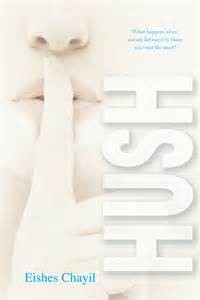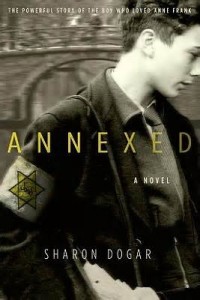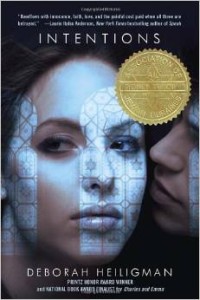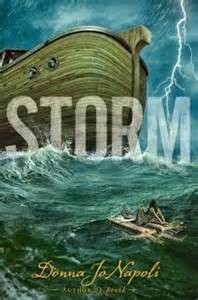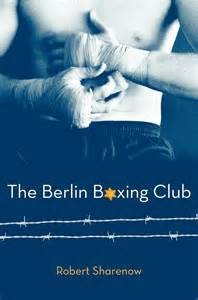Notes from the Lampert Library
Anyone over 18 who has read The Hunger Games knows that young adult literature is not just for young adults (ages12-18) anymore. YA literature originally developed in the 1940s to 1950s when teenagers became a cultural and economic force. The first true young adult book was Maureen Daly’s Seventeenth Summer.
YA’s golden age came in the 1970s with books by Judy Blume, Robert Cormier, and a host of other authors whose books became staples of reading lists. These authors did not shy away from real problems and dealt with the high school experience, coming of age, being misunderstood with candor.
However, the well-rounded books of the 1970s gave way to single issue problem novels. YA literature became tedious and boring until it had a renaissance under authors such as J.K. Rowling with her Harry Potter series and Suzanne Collins with The Hunger Games.
One of the common themes in contemporary young adult literature is transformation, both real and supernatural. The shelves are filled with vampires, historical romances, and dystopian stories. According to Jennifer Barnes, a young adult author, “Just like adolescence is between childhood and adulthood, paranormal, or other, is between human and supernatural. Teens are caught between two worlds, childhood and adulthood, and in YA, they can navigate those two worlds and sometimes dualities of other worlds.”
Much of Jewish themed YA literature is historical fiction or stories of identity. Still most do have this sense of transformation, of moving from innocence to knowing, from ignorance to self-knowledge as does much of the best adult literature. And they tell good stories so it’s no surprise that in 2012, 55 % of young adult books were purchased by readers ages 18 to 44.
So don’t be bound by age designations; check out these books from the young adult section in the Lampert Library. Let your teens know about these books, too.
Chayil: Hush says the Chassidic community where Gittel lives as her secret becomes too burdensome to keep inside.
Dogar: Spending two of your teenage years Annexed hiding with a bunch of strangers is so hard. How do you maintain your own personhood? This is Peter van Pels’ story, a worthy complement to Anne Frank’s diary.
Heiligman: Her trust shattered by those she looked up to, Rachel must learn to navigate between Intentions that are often at odds with actions.
Napoli: The Storm comes and destroys teenage Sebah’s world. She stows away on Noah’s ark. Will hope be enough to keep her alive?
Sharenow: Karl Stern has been beaten up at school so he joins The Berlin Boxing Club to learn to defend himself from the increasing bullying in Hitler’s Germany. As he grows up, Karl learns what it means to be a man. Award winner
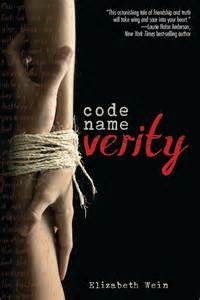
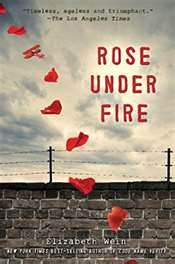 Wein: Code Name Verity and Rose Under Fire are two exciting books about danger, courage, loyalty and humanity in World War II. “Verity” and Rose are two of the most appealing and complex characters in recent books.
Wein: Code Name Verity and Rose Under Fire are two exciting books about danger, courage, loyalty and humanity in World War II. “Verity” and Rose are two of the most appealing and complex characters in recent books.
- Is It Passover Yet? - Thu, Apr 18, 2024
- MESH Report April 9, 2024 - Thu, Apr 11, 2024
- Guess Who? - Wed, Mar 13, 2024

